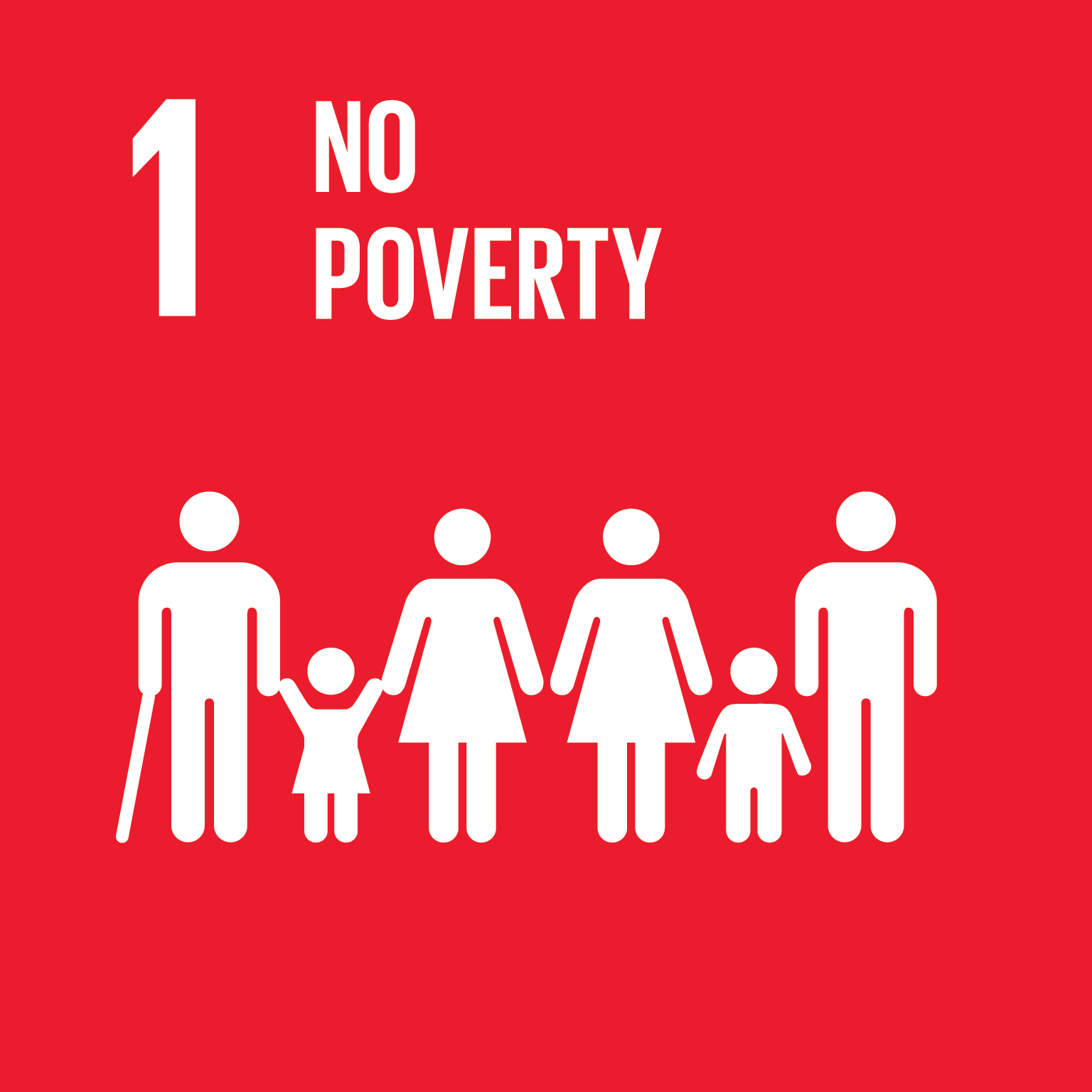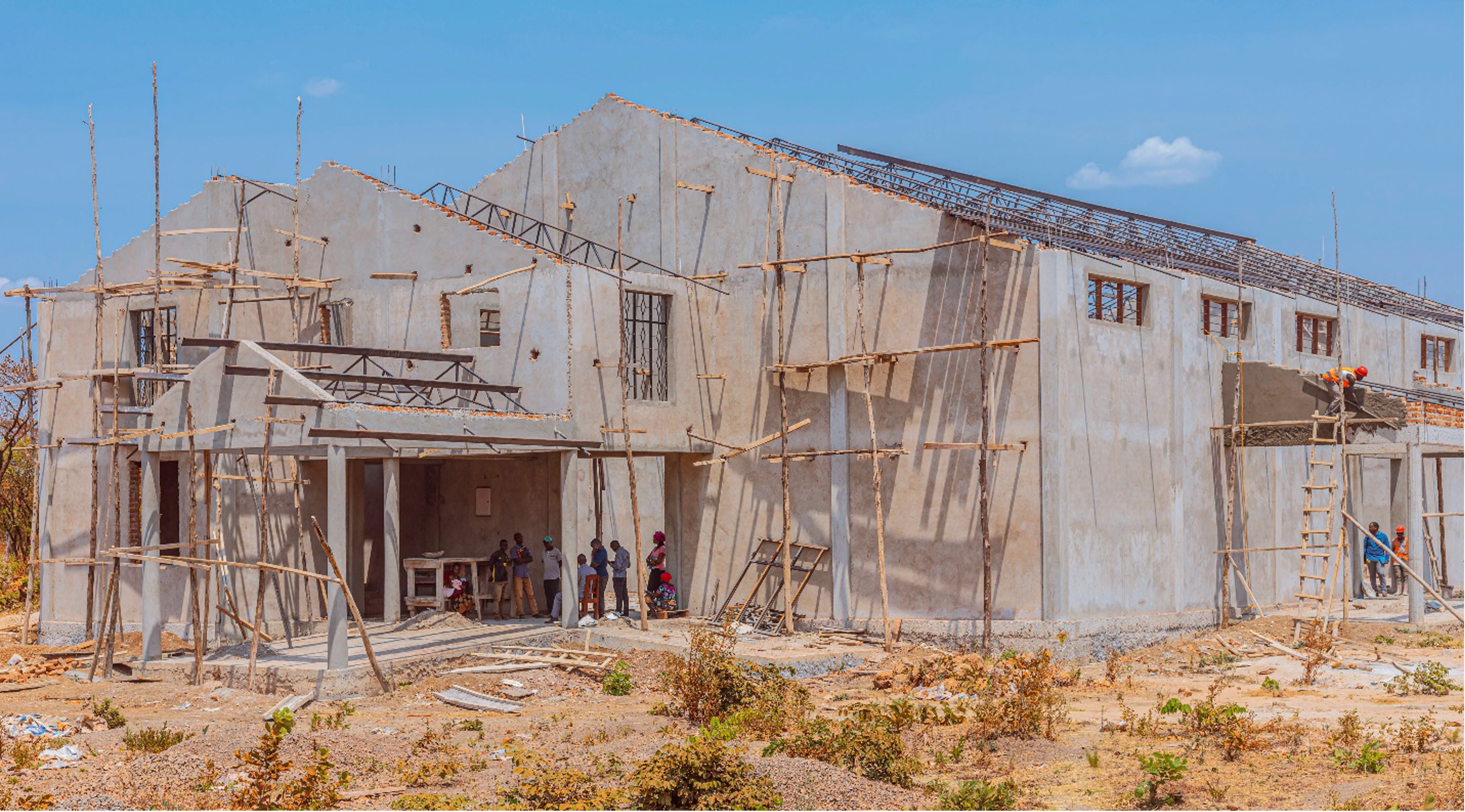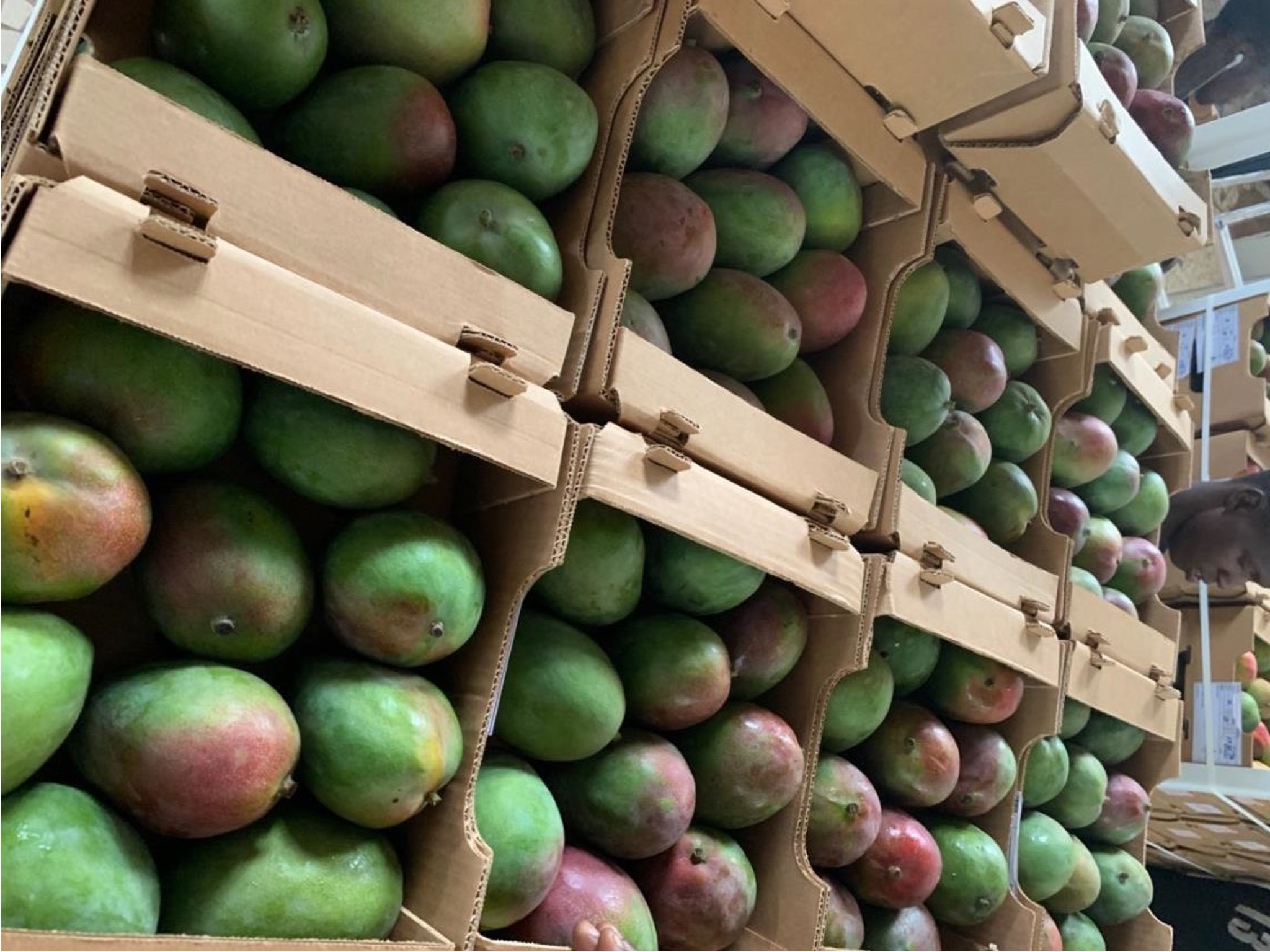 Local Finance Initiative
Transforming the local economy and expanding production capacity
Local Finance Initiative
Transforming the local economy and expanding production capacity

Challenges
Least developed countries (LDCs) are faced with insufficient aggregate economic growth and growth of poor quality that can transform the entire economic and social structure. They often lack the means to reinvest domestic capital to pro- mote sustainable, equitable and inclusive local development. There are three major obstacles that restrict the availability of domestic and private capital for local economic development (LED), including:
- Inadequatenationallegalandoperationalframeworks,whichimpedeengage- ment of the domestic financial sector in LED. Business-enabling environments for LED, including the appropriate regulations and laws, remain inadequate in many LDCs. In other cases, adequate regulations and legal frameworks exist, but fail to translate regulations and legal provisions into effective operational guidelines.
- Inadequatetechnicalcapacityandpoorskillsets,whichdeterthedevelopment of bankable development projects.
- The need for long-term investment in infrastructure projects does not usually match the source of capital and the tendency for commercial banks in LDCs to lend in the short term.
Towards a Solution
The United Nations Capital Development Fund (UNCDF) Local Finance Initiative (LFI) is an investment mechanism that enables LDCs to unlock the flow of domes- tic capital to invest in sustainable development. It has been supporting countries in the global South to implement systems that foster socioeconomic transforma- tion and encourage cooperation among countries in different regions.
One of its two key intervention areas is providing technical support and catalytic seed funding to develop transformative investments to increase the production capacity of both the public and private actors. The financial support pro- vided catalyses additional funding from both the public and private sec- tor to speed up socio-economic transformation. The initiative helps to accelerate the attainment of SDGs 1 (No Poverty); SDG 2 (Zero Hunger), 8 (Inclusive and Sustainable Economic Growth), 9 (Industry, Innovation and Infrastructure) and 17 (Partnerships for the Goals). It also contributes to the Istanbul Plan of Action (IPoA) Priority Areas 1, 2, 3, 5, 6, 7 and 8.
UNCDF, in collaboration with LDC governments and with support from development partners such as the Swedish International Development Cooperation Agency (Sida), the Swiss Agency for Development and Cooperation (SDC) and the Norwegian Agency for Development Cooperation (Norad), has been providing technical assistance on good governance, business development and the establishment of invest- ment vehicles. In addition, UNCDF’s financial support has been cata- lytic in attracting additional public and private capital, mainly from the domestic market, for local economic transformation.
LFI has provided support to develop South-South cross-border mar- kets that facilitate bilateral trade between countries in different regions, and hence helps to accelerate SDGs 9 and 17. A few examples are four cross-border markets in the Kigoma Region in the United Republic of Tanzania that assist in the aggregation and storage of agriculture pro- duce and facilitate trade and the movement of goods and services between the United Republic of Tanzania and Burundi. This initiative is in support of the Common Market Protocol in the Great Lakes Region in Eastern Africa, comprised of six countries: Burundi, Kenya, Rwanda, South Sudan, the United Republic of Tanzania and Uganda. The proto- col promotes regional integration and accelerates economic growth and development through the free movement of goods and people.
The other intervention area is capacity building to address regional chal- lenges that hinder trade among countries. For example, LFI has sup- ported countries in West Africa (i.e., The Gambia, Guinea and Senegal) to enhance capacity and South-South collaboration to identify oppor- tunities and support local government authorities in developing bank- able projects. The outcome of this initiative is the INTEGRA Programme in Guinea Conakry, which attracts mining sector participation and pays royalties to local governments to support transformative local eco- nomic development projects along the Conakry – Labe corridor cover- ing the four districts of Conakry, Kindia, Mamou and Labe. Similarly, in The Gambia, capacity building attracted financial support from develop- ment partners to design a programme to address climate change, youth employment and smart agriculture.
The catalytic investments made in pilot countries by UNCDF through the LFI Programme have been replicated from one region to another, and the success stories and key lessons have been shared with other developing countries. The LFI mechanism has proven that transforma- tive local development investments can tap into additional capital from both public sector and domestic capital markets. The facilitation by LFI is a way of catalysing public funding further downstream to local com- munities, while at the same time de-risking investments and creating a business-enabling environment to attract the participation of the pri- vate sector. The mechanism employs proven financing techniques to mobilize private financing for relatively small infrastructure projects that are critical for supporting local economic development, together with capacity building for key stakeholders to scale up local development funding. The programme has so far benefited over 2.9 million people (1.5 million females and 1.4 million males) in the eight LDCs. These ben- eficiaries include: 219,000 small holder farmers supported on access to market; over 29,000 employed (53 percent being women); more than 600,000 passengers every year served by passing through the supported infrastructure; and over 5,700 households receiving access to electric- ity. These transformative investments offer lessons to governments in the respective countries for scaling up to other localities. Furthermore, UNCDF is ready to work with other countries to replicate this work when the minimum conditions are met, including a legal and regulatory envi- ronment conducive to investment at the local government level.
Contact Information
Countries involved
Supported by
Implementing Entities
Project Status
Project Period
URL of the practice
Primary SDG
Primary SDG Targets
Secondary SDGs
Secondary SDG Targets
Similar Solutions
| NAME OF SOLUTION | Countries | SDG | Project Status | |
|---|---|---|---|---|
360-Degree Awareness Tool to Fight COVID-19 Raising awareness and ensuring public wellbeing through a one-stop platform for fighting COVID-19 in Bangladesh |
Bangladesh, Benin, Gambia (Republic of The), Lesotho, Nepal, Norway, Sweden, Switzerland, Uganda, United Republic of Tanzania | 16 - Peace and Justice Strong Institutions | Ongoing | View Details |
A Billion Brains: Smarter Children, Healthier Economies High Level Meeting on South-South Cooperation for Child Rights |
Bangladesh, Benin, Gambia (Republic of The), Lesotho, Nepal, Norway, Sweden, Switzerland, Uganda, United Republic of Tanzania | 17 - Partnerships for the Goals | Completed | View Details |
A-Card Initiative |
Bangladesh, Benin, Gambia (Republic of The), Lesotho, Nepal, Norway, Sweden, Switzerland, Uganda, United Republic of Tanzania | 10 - Reduced Inequalities | Completed | View Details |
Accelerating Digital Transformation in All Ministries in Bangladesh Promoting the rapid design and implementation of plans to digitize all ministries and subordinate government institutions in Bangladesh |
Bangladesh, Benin, Gambia (Republic of The), Lesotho, Nepal, Norway, Sweden, Switzerland, Uganda, United Republic of Tanzania | 10 - Reduced Inequalities | Ongoing | View Details |
Accelerating the Implementation of African Union Treaties in São Tomé and Príncipe South-South learning from the Beninese judicial system’s experience in the application of human rights treaties to its national law |
Bangladesh, Benin, Gambia (Republic of The), Lesotho, Nepal, Norway, Sweden, Switzerland, Uganda, United Republic of Tanzania | 05 - Gender Equality | Completed | View Details |

